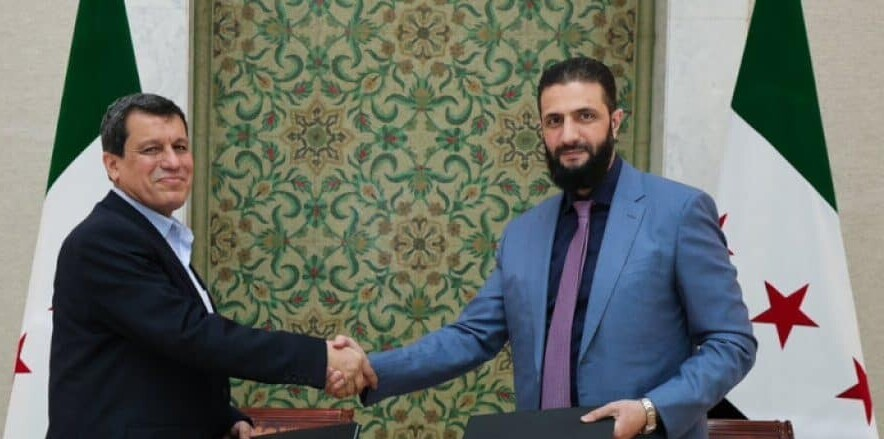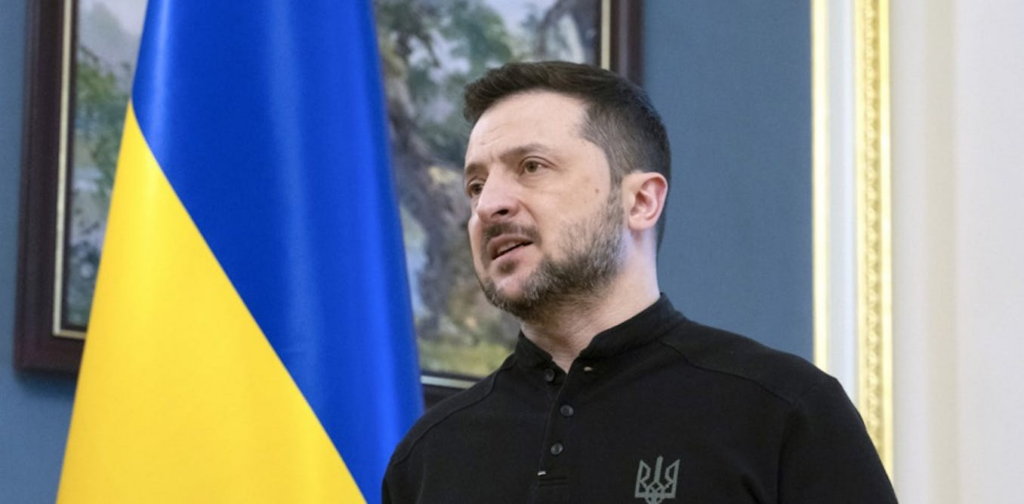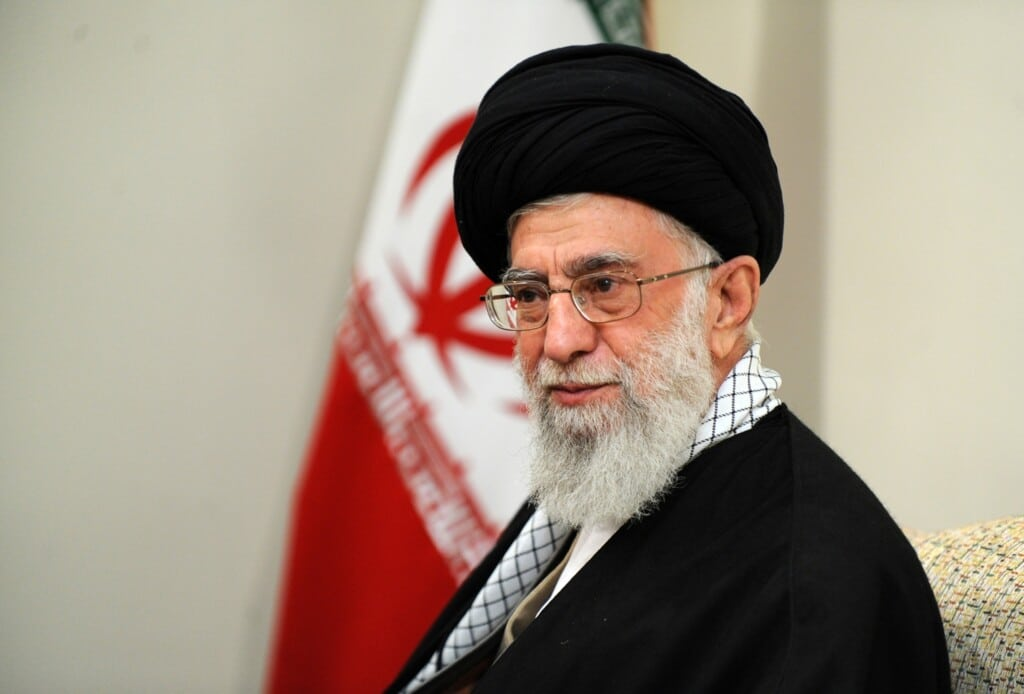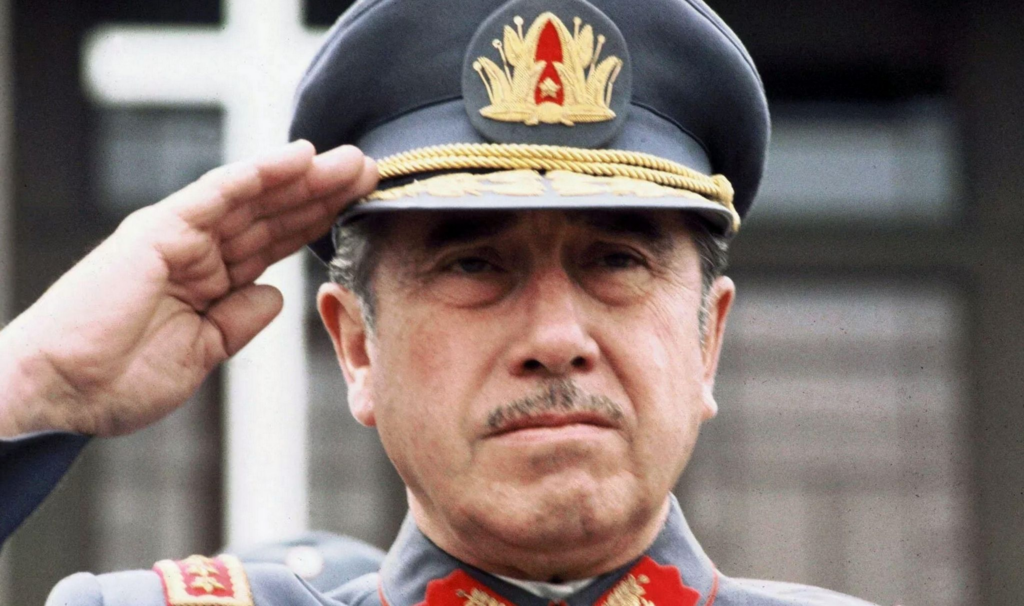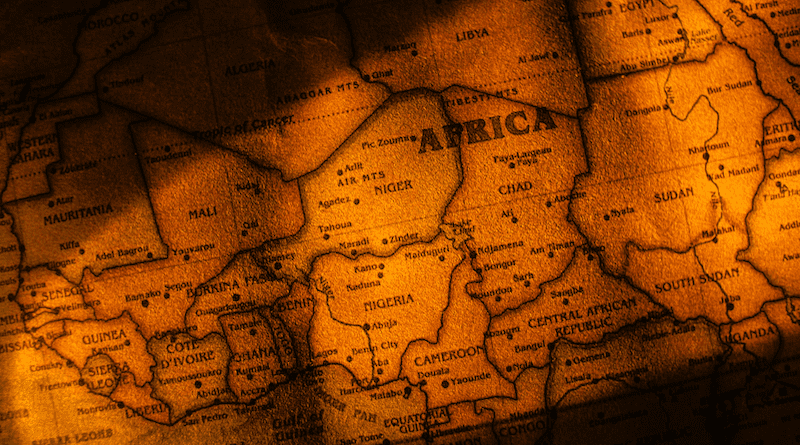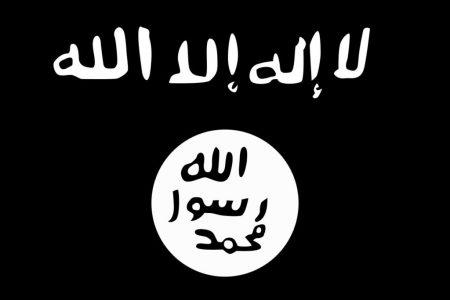America First Or Peace In The Middle East? – OpEd

This report highlights the contradictions in Trump’s second-term discourse—the inconsistency between the idea of “America First” and peace.
There is substantial evidence suggesting that Trump’s strong return to power will only accelerate the destruction of the remnants of the status quo in the Middle East—a process he initiated during his first presidency. Without a doubt, Trump 2, by any measure, will be a complete disaster for the Palestinians and their aspirations for an independent state. The continuation of pro-Israel policies, along with the escalating trend of occupation, will sideline diplomatic solutions, which—alongside the prospect of normalizing relations between some Arab countries and Tel Aviv—will further weaken hopes for the establishment of an independent Palestinian state.

